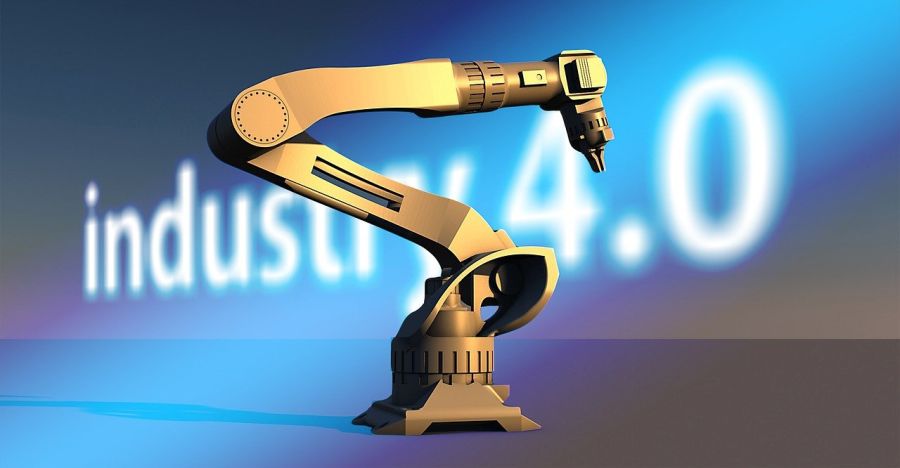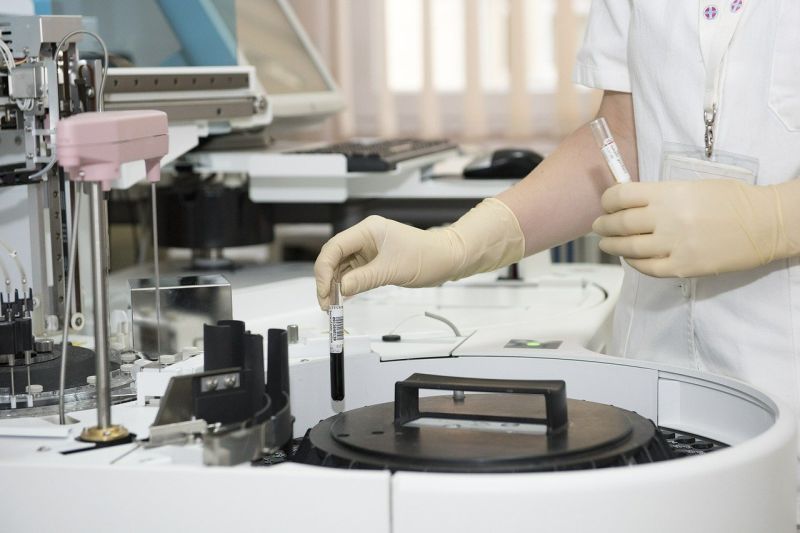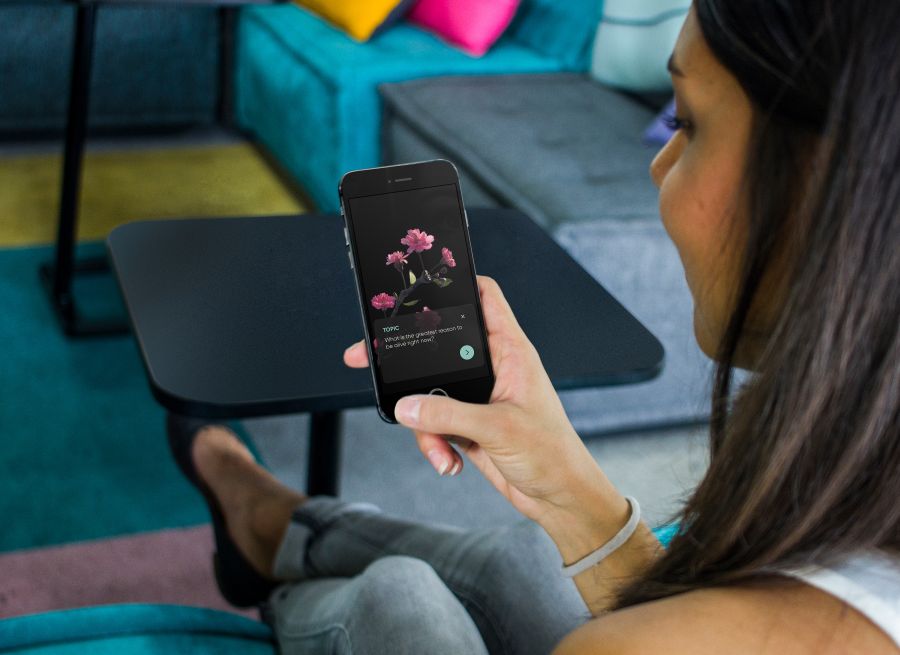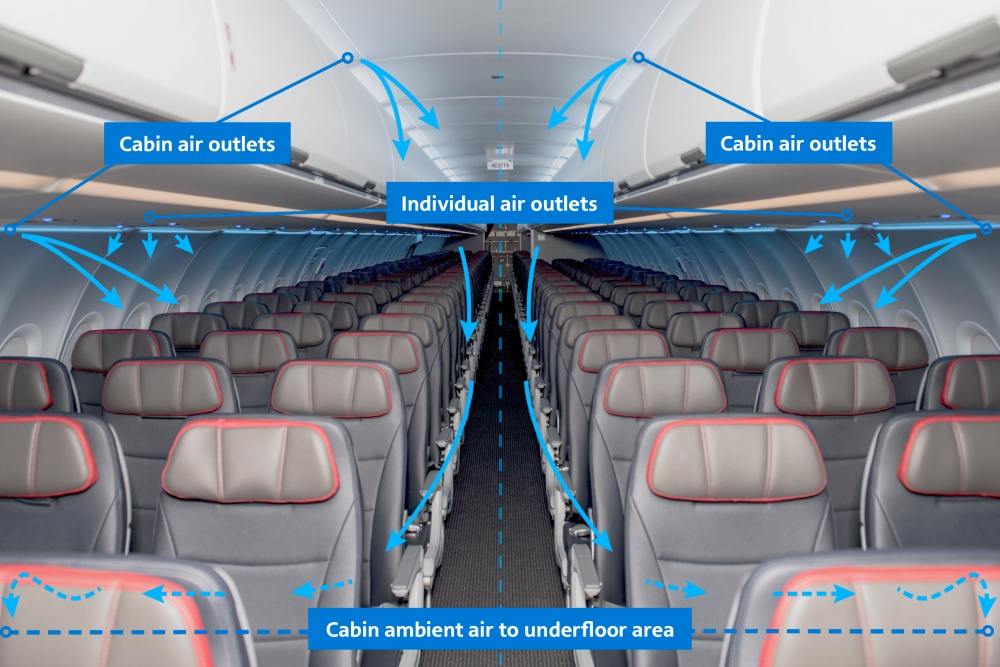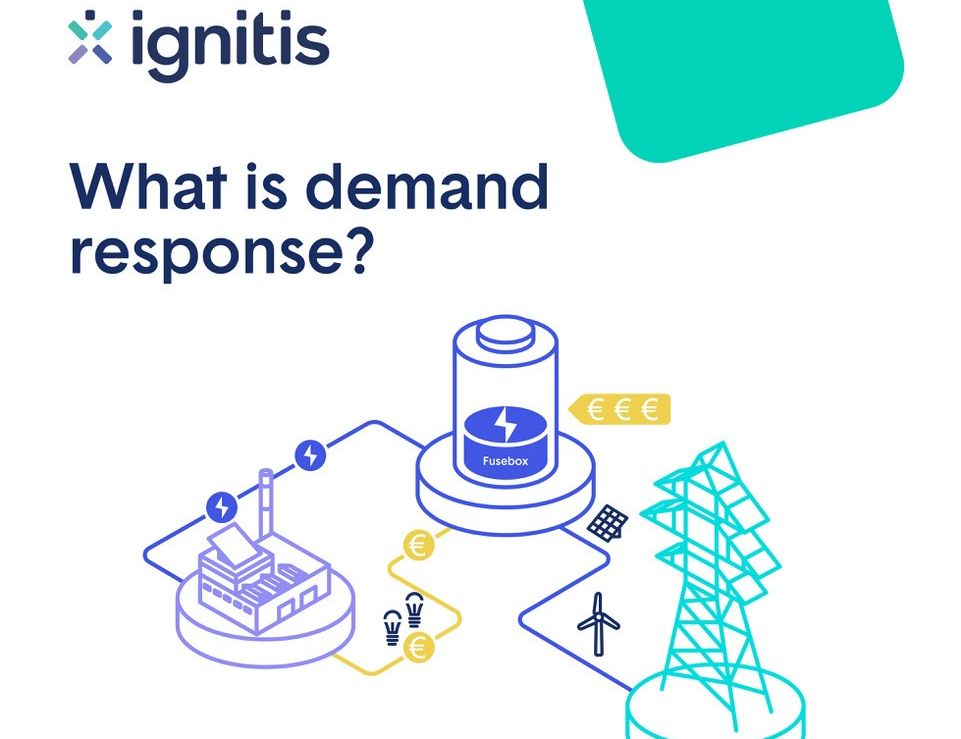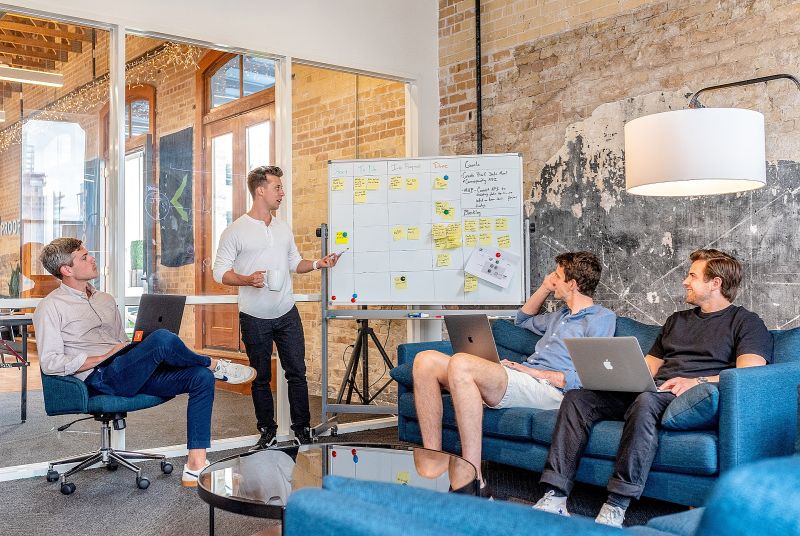China, Japan and USA controls 60% of global installations of industrial robots, Germany on 5th place
Data presented by Buy Shares indicates that China, Japan, and the United States cumulatively control about 58.71% of the global industrial robot installations.
ABB powers P&O super-ferries towards new sustainable transport era
ABB to supply electric, digital and connected solutions for P&O Ferries’ two new vessels, including Azipod® propulsion and energy storage, cutting fuel consumption by one ton per return trip across the English Channel
ABB has won a contract with Guangzhou Shipyard International Ltd for supplying a full scope of integrated solutions for P&O Ferries’ two new vessels. The hybrid propulsion solution, using electric power from 8.8MWh batteries and diesel generators, will cut fuel consumption on P&O Ferries’ Dover-Calais route by 40 percent. The batteries will provide full power for harbor maneuvering and stay in port and will prepare the vessels for a zero-emission future once more electric shore charging stations are available.
Boston Dynamics expands global sales of SPOT robot, now available in the EU
Boston Dynamics, the global leader in mobile robotics, expanded commercial sales of Spot, the agile robot that climbs stairs and traverses rough terrain with ease, to the European Union, United Kingdom and Canada. This follows the launch of commercial sales of Spot in the U.S., and builds upon a successful Early Adopter Program that saw a number of companies in both Europe and North America integrate the robot into their operations.
Healthcare labour market needs Artificial Intelligence skills immediately
Photo: (CC) Darko Stojanovic / Pixabay
The recent EIT Health and McKinsey & Company’s report “Transforming healthcare with AI: The impact on the workforce and organisations” has exposed an urgent need to attract, educate and train a generation of data literate healthcare professionals, whilst up-skilling the current workforce if we are to fully realise the transformative potential of Artificial Intelligence (AI).
Towards more resilient and sustainable buildings - challenges and opportunities facing the post COVID-19 Estonian green building sector
Photo: (CC) Pixabay
Author: Qidi Jiang
Machine learning solutions for improving communication developed in Latvia
Machine learning technology is increasingly entering people's daily lives and its application is becoming more extensive, from email filtering and computer vision solutions to forecasting tools and language processing. There are also practical and day-to-day solutions in Latvia that use machine learning methods. Find out what is new in the machine learning industry and interesting solutions for business development at the RIGA COMM Machine Learning Conference on October 15 in Ķīpsala.
“More machine-learning solutions for communication analysis will emerge in the coming years, which will enable everybody to improve daily communication and make brand communication more efficient in any company,” tells Aldis Ērglis, a Machine Learning lab lead at Emergn.
How HEPA Filters Have Been Purifying Cabin Air Since the 1990s
As face coverings, hand sanitizer and personal protective equipment have become part of our daily routine, one safeguard has kept American’s customers and team members breathing clean air at 30,000 feet. High-efficiency particulate air (commonly known as HEPA) filters have purified the air on American’s entire mainline fleet — and most regional jets — since the late 1990s. HEPA technology is also used in hospitals and medical facilities around the world, helping keep medical environments clear of bacteria and viruses while providing clean air.
Ignitis partnership with Estonian start-up allowed to introduce a novelty in the Lithuanian electricity market
Ignitis started cooperation with Estonian start-up Fusebox, which plans to become the first independent electricity demand aggregator in Lithuania. Electricity demand service is novelty in the Lithuanian electricity market and is crucial in contributing to energy security and efficiency.
Independent electricity demand aggregators will provide services of reserve power and power grid balancing. Fusebox is based on connecting hardware to electrical appliances which use the most electricity, e.g. to commercial refrigerator.
Estonia-Based Company Pushing Cloud Manufacturing Limits
Estonia-based manufacturing startup Fractory has established themselves as one of the leading cloud manufacturing platforms. Spending the last years playing catch-up with platforms that have been on the market for a longer time, they are now introducing a first-in-the-world solution.
Fractory became the first cloud manufacturing platform in the world able to process 3D models for quoting tube cutting instantly. While getting a quote in the traditional way - sending out RFQs with drawings - takes a few days, the automated pricing takes only a few seconds.
Smart HR management solutions developed in Latvia
Remote work has become a reality in the wake of the pandemic crisis, so the need for smart technology solutions for human resources (HR) is becoming more and more important. Learn about the latest solutions for efficient personnel management available on the market at the RIGA COMM conference “Smart HR” on 15 October, but in the meantime the organisers offer an insight into some of the solutions developed in Latvia.
